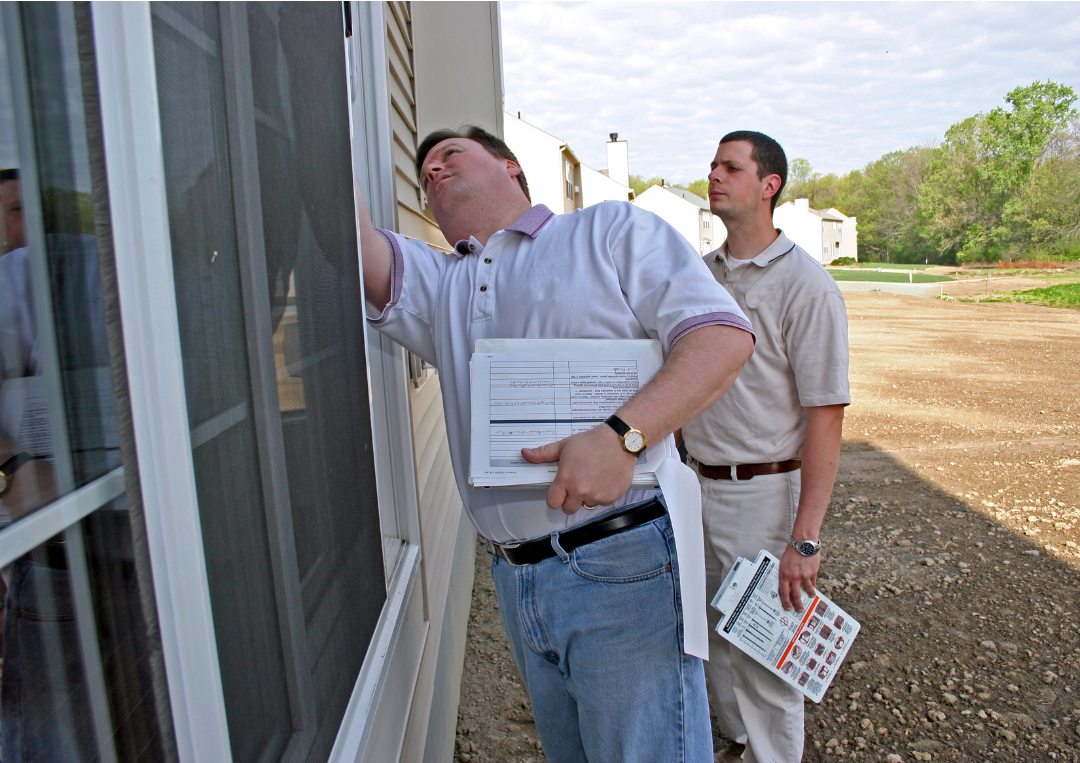In the realm of real estate, the decision to purchase a new construction home is often accompanied by a myriad of choices and considerations. While some individuals may contemplate navigating this process independently, enlisting the services of a qualified realtor can bring about a multitude of benefits.
Realtors bring a wealth of expertise to the table, offering invaluable guidance through the complexities of the new build journey. From navigating the intricacies of contracts to leveraging their extensive network for advantageous negotiations, realtors play a pivotal role in ensuring a seamless and rewarding experience for homebuyers venturing into the realm of new construction properties. In this dynamic landscape, their knowledge, advocacy, and personalized approach contribute significantly to not only simplifying the process but also maximizing the advantages associated with investing in a newly built home.
1. Negotiating. A Realtor can negotiate with the builder on your behalf. This can help you get a better deal than if you try to go it alone.
2. Understanding contracts. A Realtor is well-versed in the complexities of new construction contracts. They can review the terms and conditions, explain any jargon or legal language, and ensure you understand the fine print before committing.
3. Protecting your money. A Realtor can make sure that your money is also protected by the contract.
4. Finding a builder. A Realtor can help you choose the right builder. They work with all the builders and know how you'll be able to negotiate the best deal possible.
5. Finding comparable properties. A local Realtor can provide you with comparable properties that have recently sold. This helps you determine your offer price so you don't over pay for a piece of property.
6. Fees and Lenders: A Realtor can help you get appropriate financing and help you negotiate the fees.
 “Many fees typically paid for by the seller at an existing-home closing are paid for by the buyer at a new-construction home closing,” says Sharon Voss, who has been a Realtor for 35 years and serves as president of the Orlando Regional Realtor Association. "Who the buyer chooses as their lender can affect the amount of fees; builders typically offer various incentives, such as paying all or a portion of closing costs, to buyers who go with their in-house lender, if available, or a preferred lender.
“Many fees typically paid for by the seller at an existing-home closing are paid for by the buyer at a new-construction home closing,” says Sharon Voss, who has been a Realtor for 35 years and serves as president of the Orlando Regional Realtor Association. "Who the buyer chooses as their lender can affect the amount of fees; builders typically offer various incentives, such as paying all or a portion of closing costs, to buyers who go with their in-house lender, if available, or a preferred lender.
"If there’s something you don’t understand, question it,” Voss says.
"It’s also important," adds David Feldberg, the broker/owner of Coastal Real Estate Group in Newport Beach, Calif., "to explain the breakdown of fees and other costs on the HUD form to your clients to make sure they know where their money is going."
A Realtor can review the HUD-1 settlement statement with their client to compare the fees to those listed on the Good Faith Estimate that the lender provided.
7. Inspections. Resale vs. New Construction.
 “On a resale, there is a period for the buyer to do his or her investigations [inspection, appraisal, termites, etc.] and then most times, a round of negotiations between the buyers and seller for what will be repaired — and who will pay for it — prior to close,” says Felderberg. "With a new-construction home, inspections have been conducted throughout the building process by both the builder and local inspection entities to ensure the home meets all code requirements.
“On a resale, there is a period for the buyer to do his or her investigations [inspection, appraisal, termites, etc.] and then most times, a round of negotiations between the buyers and seller for what will be repaired — and who will pay for it — prior to close,” says Felderberg. "With a new-construction home, inspections have been conducted throughout the building process by both the builder and local inspection entities to ensure the home meets all code requirements.
"Once construction is completed, the builder will conduct a final walk-through and orientation with the buyer about a week or so out from closing. This allows the buyer a chance to visually inspect the home, go through the builder’s punch list of any remaining touch-ups and point out any other repairs that may have been missed. The builder will also take the time to explain about the functions of the home (such as where the water cutoff is, etc.). Then, right before closing, the builder and buyer will confirm that those final fixes have been made and the buyer signs off on the work."
Your real estate agent will accompany you to the final walk-through to serve as an extra set of eyes and to offer their expertise. “It is important for a real estate professional to ensure that the builder has met its obligations to the buyer,” she says. “In particular, that the buyer’s preferences in color, finishes, materials, etc. are correct.
8. Closing. Understanding the process.
 Closing on a home, whether newly built or existing, is essentially the same process: The appropriate documents are signed to transfer ownership of a property from the seller to the buyer. But there are several key differences to closing on a new-construction home versus an existing one, particularly before you get to the closing table.
Closing on a home, whether newly built or existing, is essentially the same process: The appropriate documents are signed to transfer ownership of a property from the seller to the buyer. But there are several key differences to closing on a new-construction home versus an existing one, particularly before you get to the closing table.
The closing date for a new construction home is determined based on the home’s expected completion date. But construction delays can happen due to weather or materials, thus altering the closing date, so it’s up to your real estate agent to help manage your expectations through the construction process, particularly in those final weeks.
Closing on a home, whether it's a newly built or existing one, involves a series of crucial steps. A knowledgeable Realtor plays a pivotal role in navigating the complexities of closing on a new-construction home. From negotiating with the builder to understanding contracts, protecting your money, and guiding you through the closing process, a Realtor ensures a smoother and well-informed experience. With their expertise, you can make informed decisions, avoid pitfalls, and confidently step into homeownership. So, when embarking on the journey of closing on your dream home, having a trusted Realtor by your side is not just beneficial; it's essential for a successful and satisfying real estate transaction.




